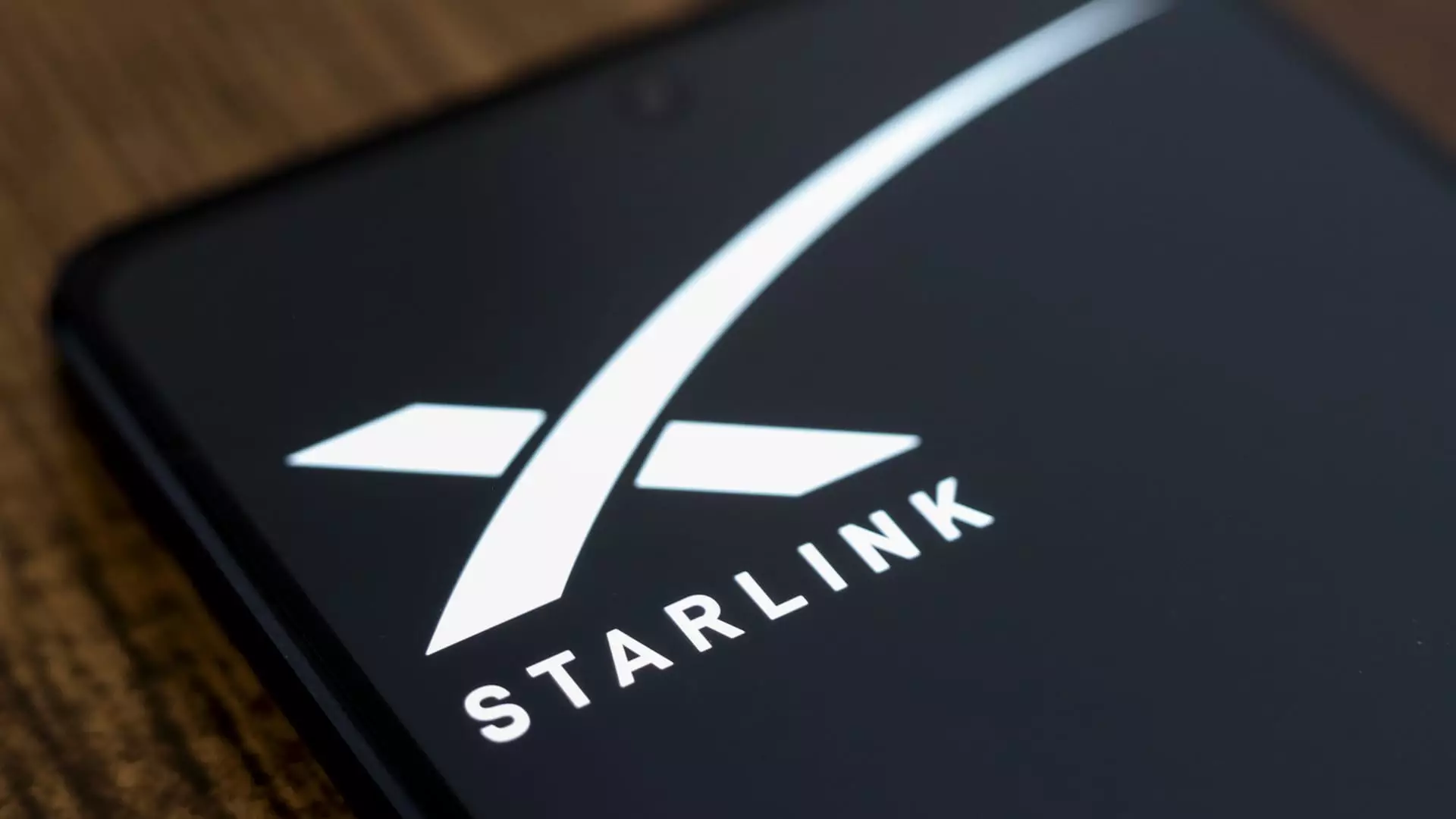Starlink, a satellite internet service operated by SpaceX and owned by Elon Musk, recently made headlines by announcing its decision to block the social network X in Brazil. This move was seen as necessary in order for Starlink to continue its operations in the country without risking losing its license. The decision came after the country’s supreme court ordered the ban on X due to its refusal to comply with court orders and pay fines. The court’s actions were also fueled by concerns over content on the platform that aimed to harm democratic institutions in Brazil, especially in light of the upcoming municipal elections in October.
The Brazilian supreme court froze Starlink’s financial assets in the country as a way to ensure compliance with its orders regarding X. Justice Alexandre De Moraes viewed Musk’s two companies, SpaceX and X, as working together, which led to further scrutiny and pressure on Starlink to take action. One of the key issues was X’s failure to appoint a legal representative in Brazil, as required by federal regulations. This lack of compliance added to the tensions between the social network and the authorities, ultimately resulting in the ban.
The conflict between Musk, Starlink, and the Brazilian government has been intensifying in recent months. Musk’s public criticism of Justice De Moraes, whom he labeled as a “criminal,” has sparked controversy and raised concerns about the level of influence and control over online speech and social networks. Musk’s support for Brazil’s former president Jair Bolsonaro and his calls for impeachment of De Moraes further escalated the situation. The escalating tensions culminated in threats of reciprocal seizures of assets and promises of retribution from Musk, creating a hostile environment for all parties involved.
International Ramifications
The clash between Musk and the Brazilian government has not gone unnoticed on the international stage. President Lula’s comments following the unanimous court ruling to uphold the ban on X signaled Brazil’s resistance against what he called Musk’s “far-right free-for-all” and underscored the importance of standing up to powerful individuals, regardless of their wealth or influence. The translation of Lula’s statement by The Guardian highlights the gravity of the situation and the potential implications for freedom of speech and online censorship in Brazil and beyond.
The banning of X in Brazil by Starlink raises significant legal, regulatory, and political questions that go beyond the immediate context of this case. The actions taken by both parties reflect a broader struggle for control and influence in the digital realm, as well as the complex dynamics between technology companies, governments, and individuals. The ongoing conflict between Musk, Starlink, and the Brazilian authorities serves as a cautionary tale about the power dynamics at play and the implications of unchecked authority in the online space.


Leave a Reply